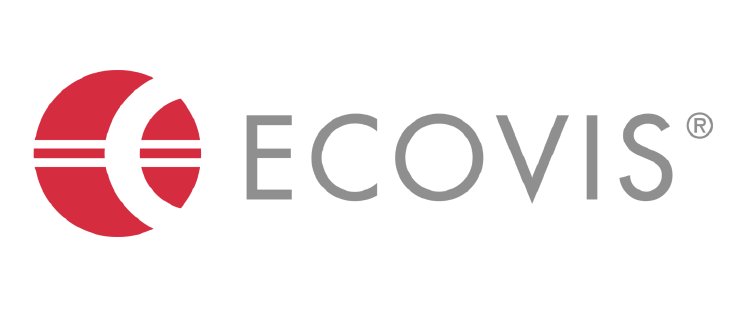The reporting requirements focus on cross-border arrangements displaying certain characteristics, referred to as “hallmarks”, which fall into one of five categories:
- Generic hallmarks subject to the Main Benefit Test (MBT)
- Specific hallmarks subject to the MBT
- Specific hallmarks related to cross-border transactions
- Specific hallmarks concerning automatic exchange of information and beneficial ownership
- Specific hallmarks concerning transfer pricing
Up to now, the new DAC 6 rules concerning cross-border tax arrangements have caused significant concerns for both taxpayers and their advisors. By defining certain cross-border arrangements as potentially aggressive and hence reportable, DAC 6 serves the – perfectly understandable – purpose of balancing the information asymmetry and timing mismatch between tax authorities and legislators on the one hand, and taxpayers on the other. DAC 6, however, goes beyond identifying potential loopholes in domestic tax systems. The main addressees are intermediaries, defined by the Directive as
“any person that designs, markets, organises or makes available for implementation or manages the implementation of a reportable cross-border arrangement”.
This definition has, however, been significantly extended by the second sentence of article 3(21) of DAC as amended by DAC 6. Accordingly, a person is also covered if he:
“having regard to the relevant facts and circumstances and based on available information and the relevant expertise and understanding required to provide such services, knows or could be reasonably expected to know that they have undertaken to provide, directly or by means of other persons, aid, assistance or advice with respect to designing, marketing, organising, making available for implementation or managing the implementation of a reportable cross-border arrangement.”
The Mandatory Disclosure Directive must be implemented by 1 July 2020, and initial information must be exchanged by 31 August 2020. How the COVID-19 outbreak will have an impact on any possible delay to the implementation remains to be seen.
From a practical standpoint, as the information does not have to be disclosed by companies themselves unless they develop an in-house structure instead of using tax advisors, it still has a major impact as companies must carefully monitor the structures in which they want to become involved. The scope of the information required by the DAC 6 directive includes all taxes, with the exception of VAT, excise and customs duties and social security contributions. Importantly, the structures concerned must meet a “main benefit test”. This test requires the determination of whether the main benefit, or one of the main benefits, expected to be obtained by its beneficiary, relate to a tax advantage. A major problem deriving from this test is that no guidelines exist and, as such, there is a risk of differing interpretations amongst the Member States, say the Ecovis consultants.
It can be noted that the current disclosure information mechanisms require taxpayers to gather not only their own financial and tax information, but also such information from group companies, up and down the corporate chain.
This means that companies must have a good picture of what the whole group is doing. In order to obtain this overview, they will need to have access to a range of financial information, including balance sheets, Profit & Loss statements, financial statements, notes to the financial statements, management discussions and decisions, an analysis of the companies’ financial conditions and estimates of the operational results, add the Ecovis experts.
Conclusion
As more and more Member States publish their local implementation legislation, it is becoming obvious that national implementation of DAC 6 could ultimately differ considerably across the European Union. For this reason, it is to be expected that compliance with the reporting obligations will cause a wide range of practical problems and will require intermediaries and as taxpayers to have detailed knowledge of the domestic legislation of each Member State in order to ensure compliance with reporting obligations.
For further information please contact:
Giammarco Cottani, LL.M., Lawyer, ECOVIS International


